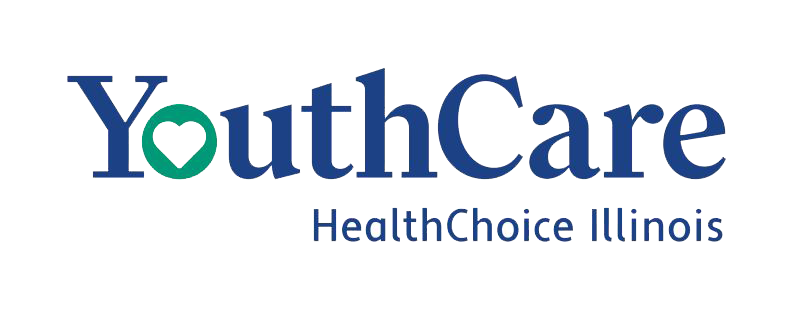ABA Therapy Solutions in Chicagoland Area
to Change

If you have concerns such as:
- Handling challenging behavior, including repetitive behaviors, tantrums, self-injurious behavior, and aggression
- Social interaction and communication with siblings, parents, and peers
- Playing with a variety of age-appropriate toys, games and activities
- Developing adaptive living skills, such as feeding themselves with a spoon and fork, drinking from an open cup, using the toilet, brushing teeth, etc.
- Accepting “no”
- Waiting their turn
If you are worried about your child's future in terms of:
- Making friends
- Being successful at school and at home
- Becoming independent
- Being able to regulate their emotions and behaviors
How we can
help
Autism Spectrum Disorder (ASD) is typically diagnosed through a comprehensive evaluation process that involves various healthcare professionals, such as pediatricians, child psychologists, developmental pediatricians, and neurologists. The diagnostic process may include the following components:
Developmental Screening: Pediatricians often conduct routine developmental screenings during well-child visits to monitor a child’s growth and development. If any concerns are raised during these screenings, further evaluation for autism may be recommended. Moreover, this additional evaluation is crucial for ensuring an accurate diagnosis.
Early signs of autism spectrum disorder (ASD) can vary widely among children, but some common indicators may include:
Limited or No Eye Contact: Infants may avoid making eye contact with caregivers during interactions, or they may have difficulty sustaining eye contact for extended periods. Additionally, this lack of eye contact can be an early warning sign of ASD.
Lack of Social Responsiveness: Babies may not respond to their name being called, show little interest in social interactions, or have limited facial expressions when interacting with others. Furthermore, these behaviors may indicate underlying social and communication challenges.
Yes, insurance coverage for ABA therapy varies by provider and plan. In Illinois, many insurance plans are required to cover ABA therapy for individuals diagnosed with autism spectrum disorder (ASD) under state law. Furthermore, steps for obtaining coverage typically include verifying insurance coverage, obtaining a diagnosis, requesting a referral or authorization, finding an in-network ABA provider, submitting documentation, reviewing coverage details, and initiating therapy services.
Personal Attention
We provide personalized attention to each child, taking into account their unique cultural and ethnic background as well as their specific needs. Additionally, our individualized one-on-one programs are designed to foster success by maximizing your child’s potential. Moreover, we address their distinct challenges and leverage their strengths.
Collaboration with other specialists
Collaboration between ABA therapy, speech therapists (SP), occupational therapists (OT), physical therapists (PT), and school teachers ensures a holistic approach to addressing the diverse needs of children with autism and behavioral challenges. Additionally, this teamwork enhances communication, consistency in intervention strategies, and maximizes the child’s progress across different environments.
Continuing education
Continuing education for our team, including Board Certified Behavior Analysts (BCBAs) and Registered Behavior Therapists (RBTs), ensures they stay updated with the latest research, techniques, and ethical standards in ABA therapy. This ongoing learning enhances the quality of ABA services by equipping BCBAs with advanced knowledge and skills to better meet the diverse needs of clients and improve treatment outcomes.

Why Does My Child Take Off Their Clothes? ABA Solutions
It can be puzzling and concerning to see your child repeatedly remove their clothes and remain naked. It’s pretty common

Helping Kids with ASD Get Comfortable with Haircuts: ABA Strategies for Parents
For children with autism, haircuts can sometimes be overwhelming or even distressing. The sound of clippers, the feel of water

Safety Accessories for Kids with Autism
Creating a Safe Home Environment: Combining ABA Strategies and Safety Accessories A safe home environment for your child combines both
we are working with





If your insurance provider is not listed, please contact us to explore options for a single-case agreement. Because insurance companies often negotiate individual contracts to cover applied behavior analysis (ABA) services provided by out-of-network providers, we can assist you in determining your insurance benefits and payment options.


